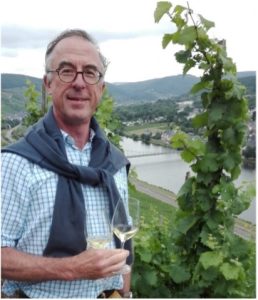General Meetings
General meetings of Haddenham u3a usually have a guest speaker and are held on the second Tuesday of the month. Members arrive from 2.15 for a 2.30 start. Meetings usually last for an hour and a half, including time to socialise over a cup of tea.
Guest speakers cover a wide variety of topics of general interest to enable an increased awareness of our locality and our world, embracing history, travel, nature, science and culture, with a balanced programme to meet u3a aims.
We hope you will enjoy our meetings, learn something new, get to know other members, and occasionally volunteer to help out.
Venue
The normal monthly meetings take place at:
Haddenham Village Hall
Banks Park,
Banks Rd,
Haddenham
HP17 8EE
There is parking at the venue.
Costs
General meetings are free to members of Haddenham u3a.
Joining the Meetings
The General Meetings are open to all members of Haddenham u3a.
Angela Hart, on behalf of the u3a Committee, organises the speaker programme. If you have any suggestions of good speakers who would be suitable for the u3a General Meetings, please contact Angela on 01844 292070 or speakers@haddenhamu3a.co.uk
The committee organises the rota of volunteers for the preparation of the venue.
SPEAKER INFORMATION – u3a PROGRAMME 2024
Tuesday 13th August 2024
Talk: A Brief History of Wine
Speaker: David Wright
I have been a wine retailer, importer and distributor for 30 years. In that time, I have publicly presented tastings and talks on wine to trade and private audiences. These have taken the form of wine ‘tastings’ or charity events where a particular subject is presented and wines tasted. I have developed a talk, A Brief Story of Wine, a great subject, and full of rich evidence, going back 7,000 years, in the form of paintings, decorated drinking vessels, buildings and literature that contribute to the story
Tuesday 10th September 2024
Talk: ‘No tolerance of undeserving rank and splendour’: the wit and satire of Gilbert & Sullivan
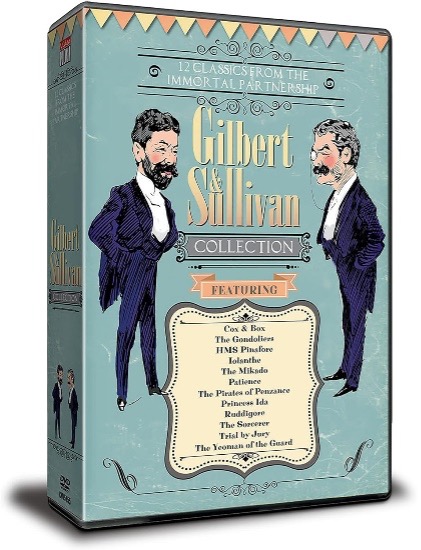
Speaker: Dr Stephen Goss
Stephen is an academic historian published in peer-review journals who has been a popular speaker in local historical societies and community groups for a decade.
Through his talk you will discover the witty commentary on contemporary society, with a look at the stories behind some of Gilbert & Sullivan’s most famous – and less well known – pieces of music.
Uncover the thinly veiled satire of some of the plots, what motivated Gilbert to write certain operas, and unmask the characters which were deliberate parodies of certain specific Victorian politicians and notables.
The talk/course not only provides context to the operas, but also gives an insight into British society, history, culture, and world view in the Victorian era. If you are interested in British Nineteenth Century history – this is the talk for you.
Tuesday 8th October 2024
Talk: The English Channel
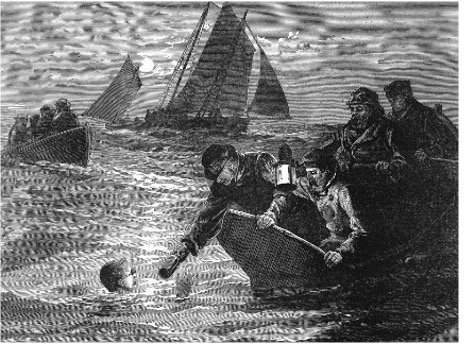
Speaker: Jeff Rozelaar
The presentation relates a host of stories about legendary characters, sad and funny, associated with this waterway including the famous Captain Webb, the first man to swim the channel. It also includes potted histories of two fascinating channel seaside towns Brighton and Calais.
A popular speaker with u3a, Jeff is returning to give a new talk from his repertoire. He has over 45 years’ experience in teaching numerous subjects in secondary schools and has a keen interest in English, Drama and Humanities. He has also worked as a film extra, in film, television and adverts is a registered speaker for many cruise ship lines.
A published author, in 1984 Jeff was Assistant writer of a film “A Social and Economic History of the Railways” which won an International Award in France.
He has published novels including “Ticket to Yesterday” and “Bagels & Bacon” and has given a talk on the latter to many appreciative groups.
Tuesday 12th November 2024
Speaker Mark Davies
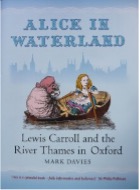
Talk: Artists in Wonderland: Pre-Raphaelite Adventures in Oxford
Many of the Oxford associations with the Pre-Raphaelite Brotherhood centre on Thomas Combe, Superintendent of Oxford University Press, who was an early patron of these young, aspiring artists. He also played a key role in the publication of Alice’s Adventures in Wonderland, whose author photographed Combe’s artistic protégés and their families.
Mark Davies is an Oxford local historian, author, public speaker, guide, and publisher specialising in the history of non-University Oxford, with a particular focus on the city’s waterways. Most of Mark’s early life was spent by the sea – in Hampshire, Sussex, Kent, and South Wales – but his interest in inland rather than coastal waters grew as a result of a chance decision to live on a canalboat in central Oxford in 1992, after living in Abingdon for a couple of years.
Since then Mark has written and published seven Oxford local interest books, four of which are currently in print: A Towpath Walk in Oxford (2001/2012), Alice in Waterland (2010/2012), Alice’s Oxford on Foot (2014/18), and Stories of Oxford Castle (2005/19). In 2015 his biography of the Oxford pastry cook James Sadler (who became the unlikely first Englishman to build and ascend in an air balloon in 1784 – see ‘King of all Balloons’ page) was published by Amberley Books.
Mark moved off his residential narrowboat, ‘Bill the Lizard’, in 2020 after nearly 30 happy and productive years, and continues to be active in the much-publicised ongoing campaign to retain a boatyard in the Oxford suburb of Jericho, both as a boating representative and as Chair of the Jericho Living Heritage Trust and a trustee of the Jericho Wharf Trust. He is also a Lewis Carroll Society trustee and on the committee of the Alliance of Literary Societies.
Tuesday 10th December 2024
Speaker: Jenny Mallin
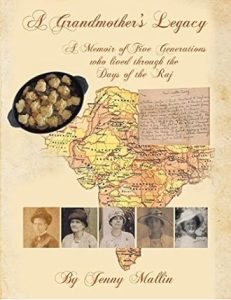
Talk: Walking into Grandma’s kitchen at Christmas in 1940s Madras
Jenny’s career has been the culmination of several instinctive paths in her life which have led her to enjoying being an author and now a public speaker. With almost thirty trips to India over the past thirty years, she has explored and uncovered the history of her ancestors and their interesting path.
The re-uniting for Jenny of a family heirloom of a book which her great x 4 grandmother started in 1844, Madras which she remembers seeing in her mother’s pantry, is a time capsule in itself. This cherished book holds not only the handwritten manuscripts of recipes which were passed down from mother to daughter for the next five generations, but also hints at the technological changes ushered in by the industrial revolution which had a positive effect of intertwining the economies of India and Great Britain.
This talk centres around Jenny’s family’s traditions at Christmas, how the festive season was enjoyed by those who were living in a country which was part of the British Raj. We explore and discover how enticed they were by those exotic ingredients found in India, which with the help and careful consideration of their native cook, produced a different kind of cuisine. Through the pages of the old cookery book dating back to 1844, we uncover family recipes which were so loved and enjoyed over five generations, which provide a fascinating insight into those unusual recipe names which are alliterative with titles such as Ding Ding Fry and Rumble Tumble! We also get a good idea as to how they entertained, and how their social calendars were filled with tea dances, balls and social evenings which started on Christmas Eve and went right through to twelfth night.

